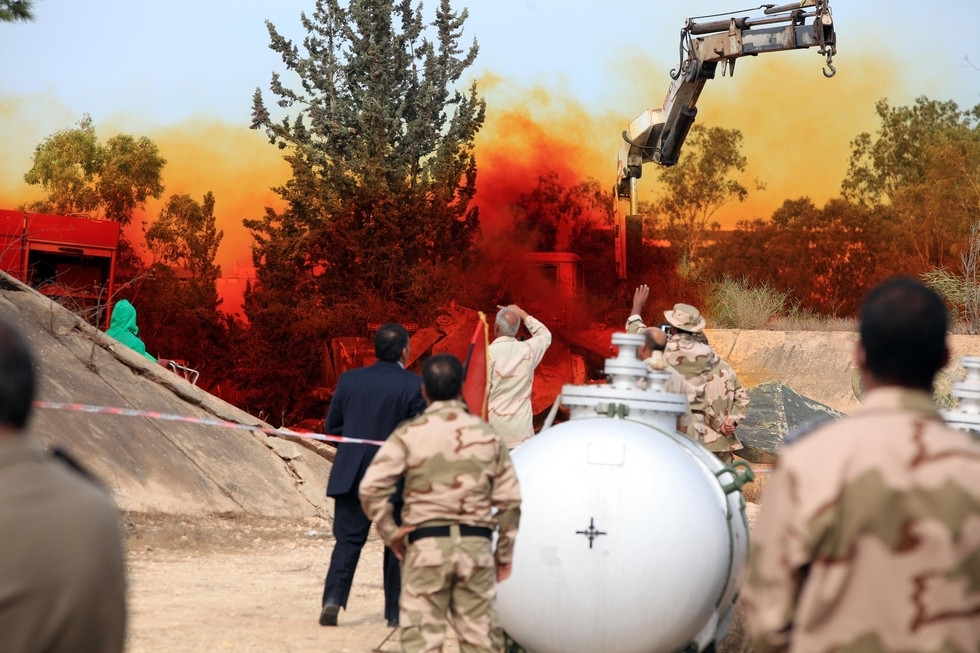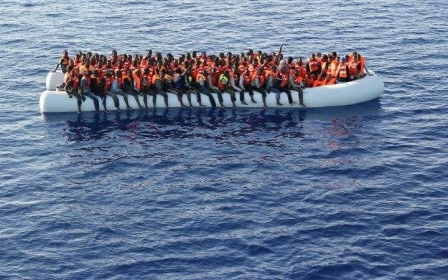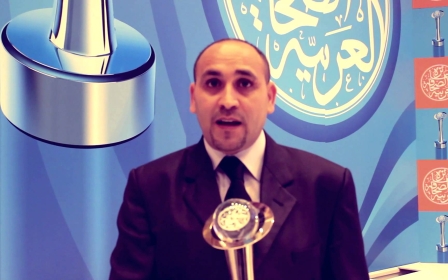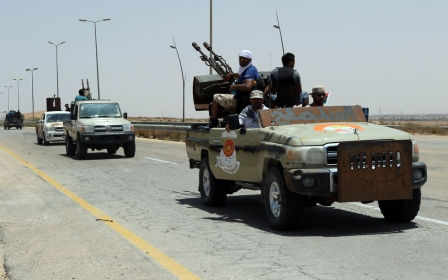Libya ships out last stocks of chemical weapons

Libya has shipped the last of its chemical weapons stocks out of the country on a Danish vessel, under a UN-backed plan to eliminate the arsenal, officials said on Tuesday.
A senior security official told the AFP news agency the stocks were shipped to Germany on Saturday from the port of Misrata under the supervision of the United Nations.
The deputy prime minister of Libya's Government of National Accord, Mussa el-Koni, confirmed the operation, saying: "All of Libya's chemical arsenal has been shipped out of the country."
The Danish government had earlier this month offered to send a container vessel, support ship and 200 staff to handle the operation, coordinated by the UN-backed Organisation for the Prohibition of Chemical Weapons (OPCW).
The UN Security Council on 22 July endorsed plans to remove Libya's chemical weapons from the country and prevent them from falling into the hands of groups like the Islamic State group.
The security official said 23 tanks of chemicals were shipped out under the operation.
The weapons had been stored in the central Jafa area, about 200km south of Sirte, where pro-GNA forces are battling IS militants, he said.
"We as Libyans did not want these weapons, especially during the current security situation and with the presence of IS in the region," the security official said.
Libya joined the UN convention on eliminating chemical weapons in 2004.
At the time it declared 24.7 tonnes of mustard gas, 1,390 tonnes of precursor chemicals and more than 3,500 aerial bombs containing chemical weapons.
It had eliminated all the aerial bombs, 51 percent of the mustard gas and 40 percent of the precursor chemicals by 2011, when operations to destroy the arsenal were interrupted by the uprising against Muammar Gaddafi, according to the OPCW.
New MEE newsletter: Jerusalem Dispatch
Sign up to get the latest insights and analysis on Israel-Palestine, alongside Turkey Unpacked and other MEE newsletters
Middle East Eye delivers independent and unrivalled coverage and analysis of the Middle East, North Africa and beyond. To learn more about republishing this content and the associated fees, please fill out this form. More about MEE can be found here.




